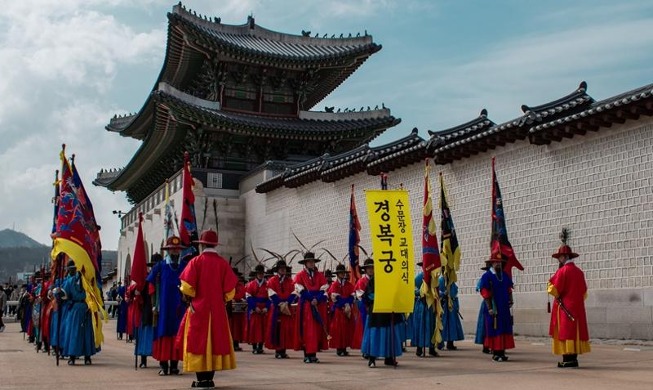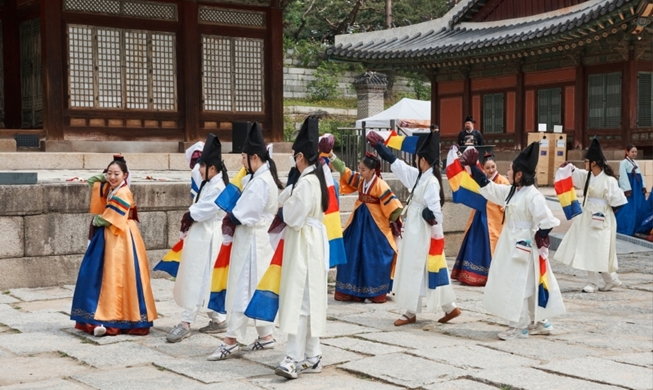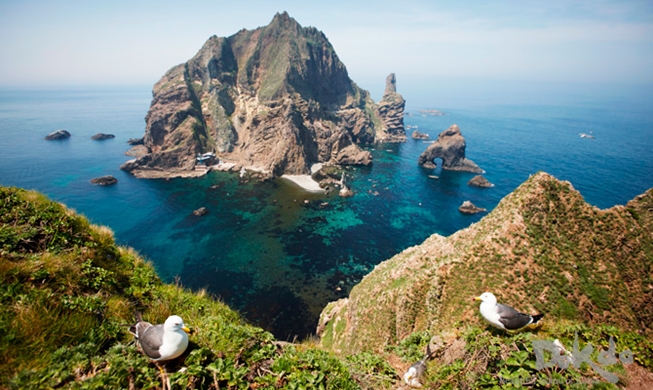-
 Korea.net's 24-hour YouTube channel
Korea.net's 24-hour YouTube channel- NEWS FOCUS
- ABOUT KOREA
- EVENTS
- RESOURCES
- GOVERNMENT
- ABOUT US
The 19th Busan International Film Festival (BIFF) will open with "Paradise in Service" from Taiwan and close with "Gangster Pay Day" from Hong Kong. The festival kicks off on October 2 and will feature 314 films from 79 countries.
"Paradise in Service," by Taiwanese director Chen-zer Doze Niu, reflects the time of his father's generation, who served in the military in the 1960s and 1970s. The film begins with the transfer of Recruit Pao to Kinmen Island, or Quemoy, located between Taiwan and the Chinese mainland. He later becomes responsible for managing the Paradise in Service bar, a brothel within the military camp.
It is a story of love and empathy, but it also deals with the pain of the dispersed caught between mainland China and Taiwan, morality about sex and the oppressive culture within the military, broadly painting a self-portrait of Taiwanese society.
The film "Gangster Pay Day" by Hong Kong director Lee Bo Cheung is a gangster movie, but it is different from previous works of the same genre. The director does away with tragic beauty -- a typical characteristic of such action films -- and adds elements of comedy and melodrama.
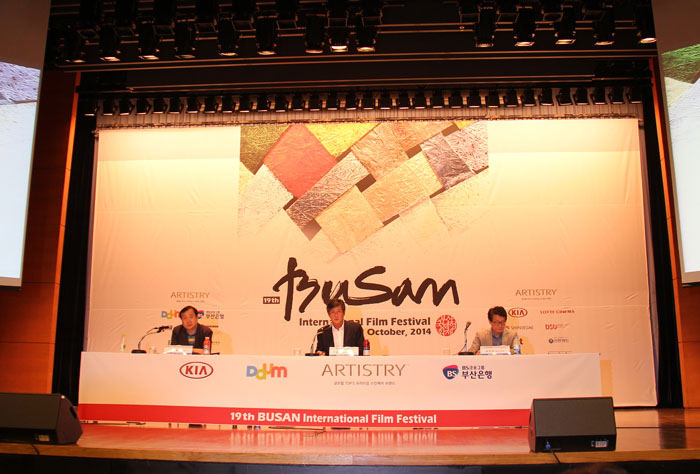
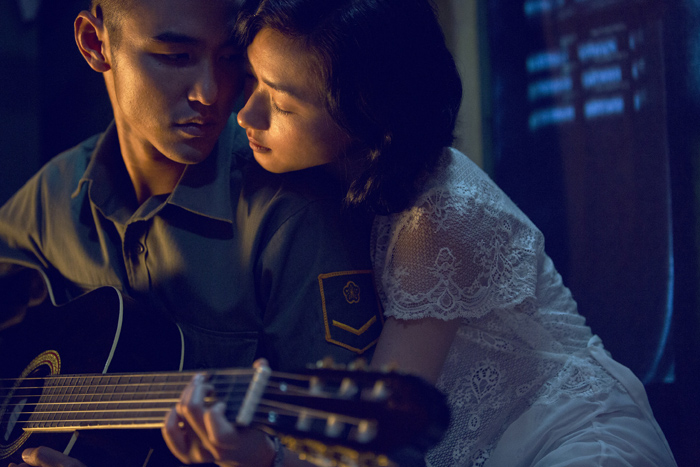
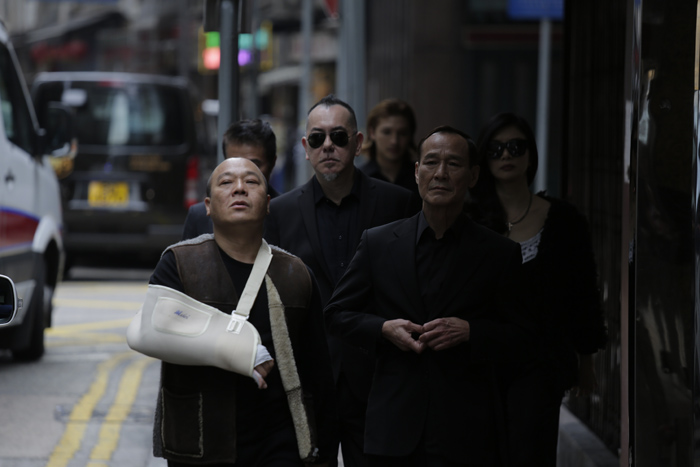
"The opening film is reminiscent of Korea, as the two countries' situations are quite comparable," said festival director Lee Yong-kwan. "It has both high quality and popular appeal."
For the Gala Presentation section, films by four Asian master directors will be introduced. Korean director Im Kwon-taek's 102nd film, "Revivre," is an adaptation of a work of fiction of the same name by Kim Hoon. It tells the story of the pendulum between life and death as experienced by a middle-aged man whose wife is dying of cancer but who then meets a beautiful young woman.
The movie "Coming Home" by Chinese director Zhang Yimou is a long-awaited reunion with his muse, actress Gong Li. It is an epic film about a wife who does not recognize her husband after his lengthy imprisonment during the Cultural Revolution (1966-1976). It was invited to the Cannes Film Festival this year and earned wide acclaim.
"The Golden Era" by Hong Kong director Ann Hui, the recipient of the inaugural Asian Filmmaker of the Year award, tells the story of the prominent Chinese female author Xiao Hong's life during the chaos of China in the 1930s. The lead role is played by Chinese actress Tang Wei, who caused a sensation recently with her marriage to Korean director Kim Tae-yong.
"The President," by Iranian director Mohsen Makhmalbaf, reveals how a tyrannical dictator comes to spend his last days as a fugitive after a public revolt.
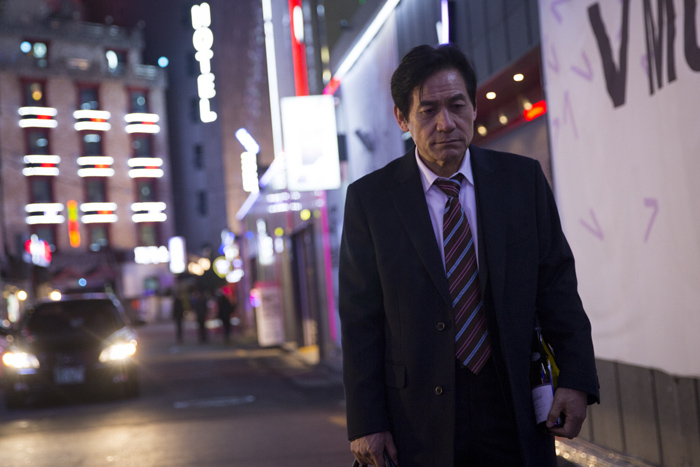
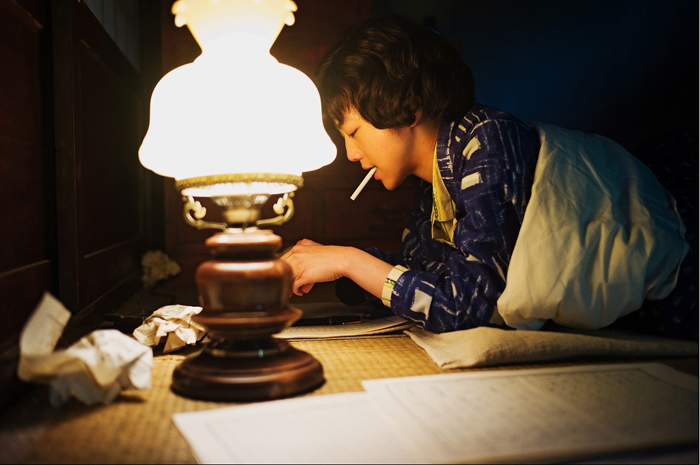
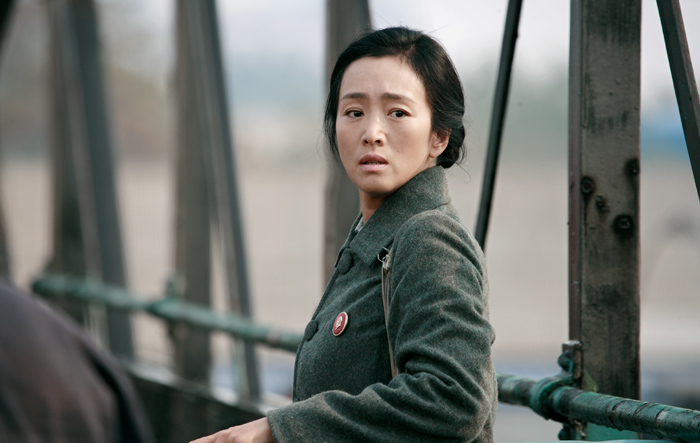
In the Window on Asian Cinema section, a relatively higher number of works from Asian countries that have previously been overlooked at the festival were invited to the screen, including movies from Myanmar, Iraq, Pakistan and Bangladesh. This section also invited films from nations that traditionally have a stronger film industry. All in all, they include "2030" by Vietnamese director Nghiem-Minh Nguyen-vo, "Ant Story" by Bangladeshi director Mostofa Sarwar Farooki, "Suntali" by Nepalese director Bhaskar Dhungana and "Mardan" by Iraqi director Batin Ghobadi, among others.
The Korean Cinema Today section will show "Hill of Freedom" by Hong Sangsoo and "One on One" by Kim Ki-duk, both of which have been invited to the Venice International Film Festival. It will also feature Zhang Lu's "Gyeongju," which was invited to the Locarno International Film Festival, and Jung July's "A Girl at My Door," which was invited to the Cannes Film Festival earlier this year.
The Special Programs in Focus section will highlight films from Turkey and Georgia. The festival will feature seven Turkish films by renowned directors from the 1990s and 2000s, as well as films from young directors who have recently made names for themselves. Georgia, once a member-state of the Soviet Union and which became independent in 1991 after a long war, will present 12 works in Busan this year.
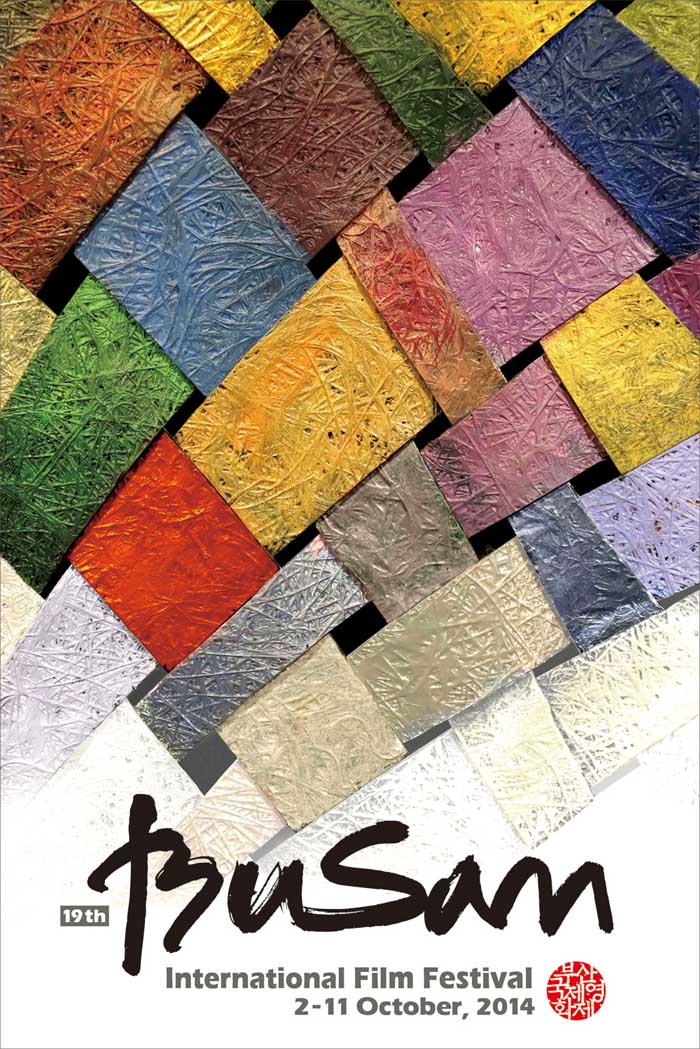
The list of guests who will walk down the red carpet features mostly actors and directors whose films are being presented at the festival this year. Hong Kong directors Ann Hui and Peter Chan, Chinese director Zhang Yimou, Chinese actors Tang Wei and Chen Chang, Korean directors Bong Joon-ho and Im Kwon-taek, and Korean actor Ahn Sung-ki are all included on the list.
The opening ceremony at the Busan Cinema Center will be moderated by Korean actress Moon Sori and Japanese actor Watanabe Ken. The films will be shown on 33 screens at seven movie theaters across Busan and the festival will continue until October 11.
For more information, please visit the BIFF homepage (www.biff.kr).
By Limb Jae-un
Korea.net Staff Writer
Photos courtesy of the BIFF Organizing Committee
jun2@korea.kr

"Paradise in Service," by Taiwanese director Chen-zer Doze Niu, reflects the time of his father's generation, who served in the military in the 1960s and 1970s. The film begins with the transfer of Recruit Pao to Kinmen Island, or Quemoy, located between Taiwan and the Chinese mainland. He later becomes responsible for managing the Paradise in Service bar, a brothel within the military camp.
It is a story of love and empathy, but it also deals with the pain of the dispersed caught between mainland China and Taiwan, morality about sex and the oppressive culture within the military, broadly painting a self-portrait of Taiwanese society.
The film "Gangster Pay Day" by Hong Kong director Lee Bo Cheung is a gangster movie, but it is different from previous works of the same genre. The director does away with tragic beauty -- a typical characteristic of such action films -- and adds elements of comedy and melodrama.

The opening and closing films and the guest list for the 19th Busan International Film Festival are announced during a press briefing on August 2. (photo: Limb Jae-un)


(Top) The opening film is "Paradise in Service" by Taiwanese director Chen-zer Doze Niu. (Bottom) The closing film is "Gangster Pay Day" by Hong Kong director Lee Bo Cheung.
"The opening film is reminiscent of Korea, as the two countries' situations are quite comparable," said festival director Lee Yong-kwan. "It has both high quality and popular appeal."
For the Gala Presentation section, films by four Asian master directors will be introduced. Korean director Im Kwon-taek's 102nd film, "Revivre," is an adaptation of a work of fiction of the same name by Kim Hoon. It tells the story of the pendulum between life and death as experienced by a middle-aged man whose wife is dying of cancer but who then meets a beautiful young woman.
The movie "Coming Home" by Chinese director Zhang Yimou is a long-awaited reunion with his muse, actress Gong Li. It is an epic film about a wife who does not recognize her husband after his lengthy imprisonment during the Cultural Revolution (1966-1976). It was invited to the Cannes Film Festival this year and earned wide acclaim.
"The Golden Era" by Hong Kong director Ann Hui, the recipient of the inaugural Asian Filmmaker of the Year award, tells the story of the prominent Chinese female author Xiao Hong's life during the chaos of China in the 1930s. The lead role is played by Chinese actress Tang Wei, who caused a sensation recently with her marriage to Korean director Kim Tae-yong.
"The President," by Iranian director Mohsen Makhmalbaf, reveals how a tyrannical dictator comes to spend his last days as a fugitive after a public revolt.



(From top) Films invited to the Gala Presentation section include "Revivre" by Im Kwon-taek, "The Golden Era" by Ann Hui and "Coming Home" by Zhang Yimou.
In the Window on Asian Cinema section, a relatively higher number of works from Asian countries that have previously been overlooked at the festival were invited to the screen, including movies from Myanmar, Iraq, Pakistan and Bangladesh. This section also invited films from nations that traditionally have a stronger film industry. All in all, they include "2030" by Vietnamese director Nghiem-Minh Nguyen-vo, "Ant Story" by Bangladeshi director Mostofa Sarwar Farooki, "Suntali" by Nepalese director Bhaskar Dhungana and "Mardan" by Iraqi director Batin Ghobadi, among others.
The Korean Cinema Today section will show "Hill of Freedom" by Hong Sangsoo and "One on One" by Kim Ki-duk, both of which have been invited to the Venice International Film Festival. It will also feature Zhang Lu's "Gyeongju," which was invited to the Locarno International Film Festival, and Jung July's "A Girl at My Door," which was invited to the Cannes Film Festival earlier this year.
The Special Programs in Focus section will highlight films from Turkey and Georgia. The festival will feature seven Turkish films by renowned directors from the 1990s and 2000s, as well as films from young directors who have recently made names for themselves. Georgia, once a member-state of the Soviet Union and which became independent in 1991 after a long war, will present 12 works in Busan this year.

A poster for the 19th Busan International Film Festival.
The list of guests who will walk down the red carpet features mostly actors and directors whose films are being presented at the festival this year. Hong Kong directors Ann Hui and Peter Chan, Chinese director Zhang Yimou, Chinese actors Tang Wei and Chen Chang, Korean directors Bong Joon-ho and Im Kwon-taek, and Korean actor Ahn Sung-ki are all included on the list.
The opening ceremony at the Busan Cinema Center will be moderated by Korean actress Moon Sori and Japanese actor Watanabe Ken. The films will be shown on 33 screens at seven movie theaters across Busan and the festival will continue until October 11.
For more information, please visit the BIFF homepage (www.biff.kr).
By Limb Jae-un
Korea.net Staff Writer
Photos courtesy of the BIFF Organizing Committee
jun2@korea.kr




